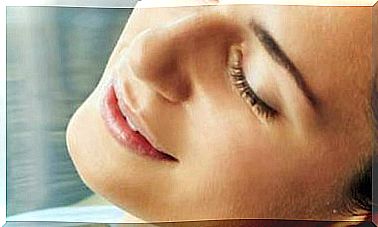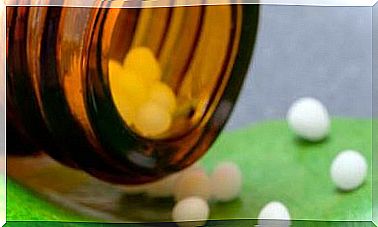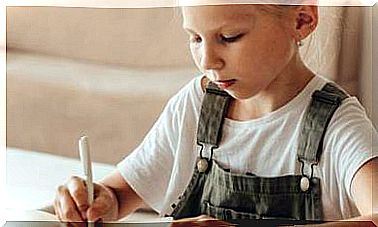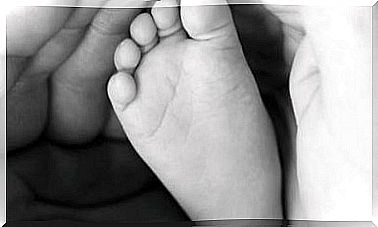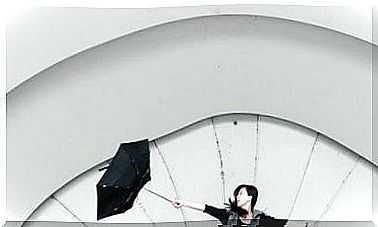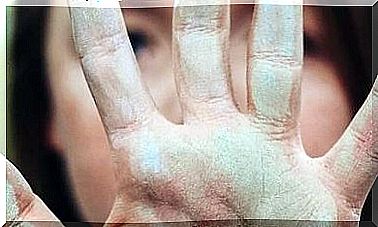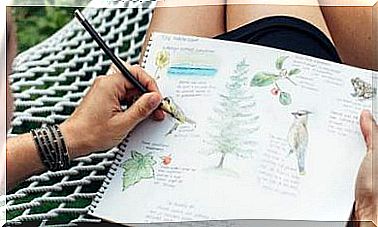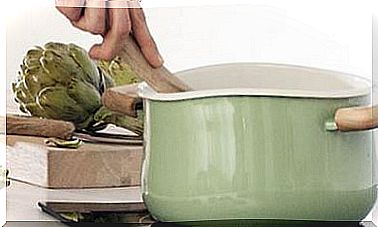Breastfeeding Is Also A Party
During World Breastfeeding Week, which is celebrated from October 3-9, celebration is mixed with demands.
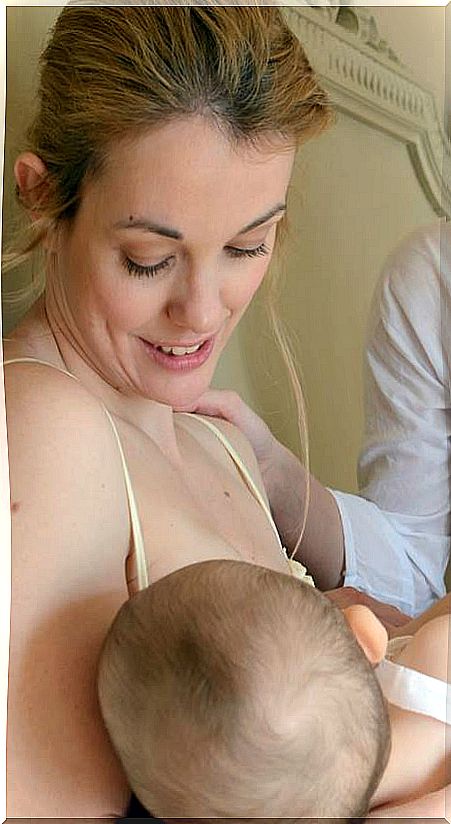
Between October 3 and 9, the World Breastfeeding Week is celebrated in Spain and Europe (in the rest of the world it is celebrated from August 1 to 7). Under the motto “Supporting breastfeeding contributes to a healthier planet”, this year the week will focus on the impact of infant feeding on the environment and climate change, highlighting that it is imperative to protect, promote and support breastfeeding to the health of the planet and its people.
The World Breastfeeding Alliance (WABA), an entity that works jointly with WHO and UNICEF and coordinates the celebration of World Week every year, thus wants to highlight the importance of networking in the social sector to support breastfeeding mothers with other sectors, such as groups working on environmental issues, to generate common cause and emphasize the link between breastfeeding and the environment.
Breastfeeding support groups and associations from all over the country will offer throughout the month, and especially during that first week, informative meetings and protest events with the limitations due to the COVID-19 pandemic. The objective is to promote breastfeeding and to publicize its benefits for the health of both the baby and the mother.
Breast milk is the most nutritious and natural food that a mother can offer her newborn child. For many women breastfeeding is easy from the start, but some run into problems in the first few weeks and sometimes become discouraged and give up on continuing.
Having good information on how to prepare and carry it out can help prevent or solve these problems and enjoy the experience much more. World Breastfeeding Week is a very good opportunity for mothers or women who plan to be to find out, clarify their doubts and discover all the resources and support groups available to them.
Why choose breastfeeding?
The advantages of opting for natural breastfeeding are very broad: it not only helps to reinforce the health of the newborn but also favors the mother’s recovery after childbirth.
Breastfed children have a lower risk of suffering from common diseases or disorders such as colds, otitis, diarrhea, urinary infections and bronchiolitis, but also meningitis, pneumonia, nectrotizing enterocolitis or sudden infant death syndrome.
Their intelligence develops better and the bond with the mother is facilitated. However, they are not only healthier babies but also healthier adults, since as they grow up they also have less risk of developing allergies, asthma, diabetes, obesity or ulcerative colitis, among other problems.
For the mother, breastfeeding also has a protective effect. On the one hand, you lose the weight gained during pregnancy more easily and are better protected against anemia, hypertension and depression after delivery. Plus, you have a lower risk of developing osteoporosis and breast or ovarian cancer over time.
Where to find out about breastfeeding on the internet:
Some of the most complete and useful internet portals on breastfeeding are:
www.aeped.es
The Breastfeeding Committee of the Spanish Association of Pediatrics (AEP) offers recommendations, answers to frequently asked questions, documents of interest or even the possibility of asking questions of its members.
www.ihan.es
The page of the Initiative for the Humanization of Care at Birth and Lactation offers information on breastfeeding and on the hospitals that have this distinction and the health centers that are in the process of obtaining it.
www.fedalma.org
The Spanish Federation of Associations for Breastfeeding brings together more than thirty organizations and groups. In addition to coordinating joint actions, it organizes training courses on breastfeeding. In its directory you can find the contact details of the groups in each Autonomous Community.
www.e-lactancia.org
This website promoted by Dr. José María Paricio offers the most rigorous information on everything related to compatibility between conventional or alternative medical treatments and breastfeeding.
